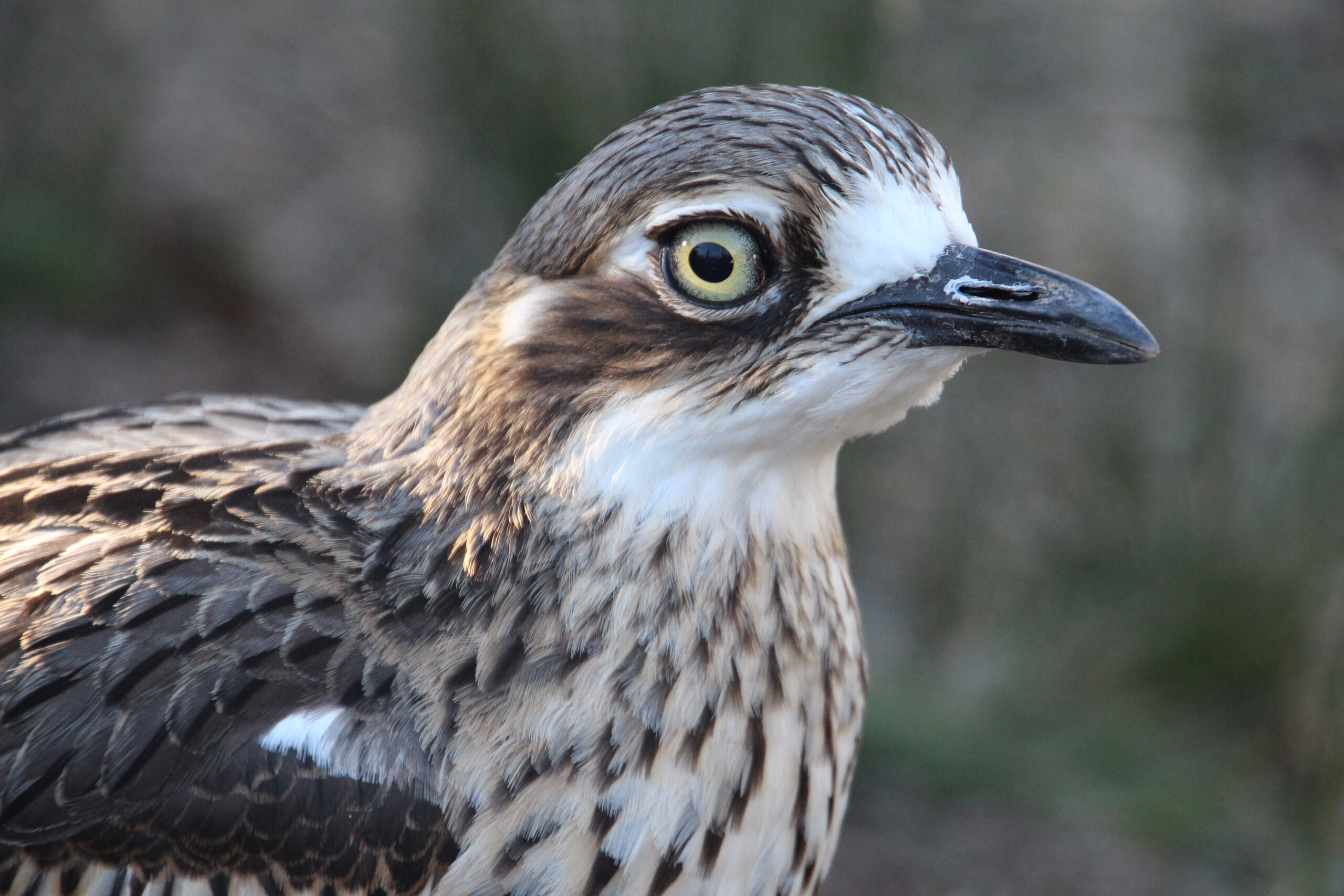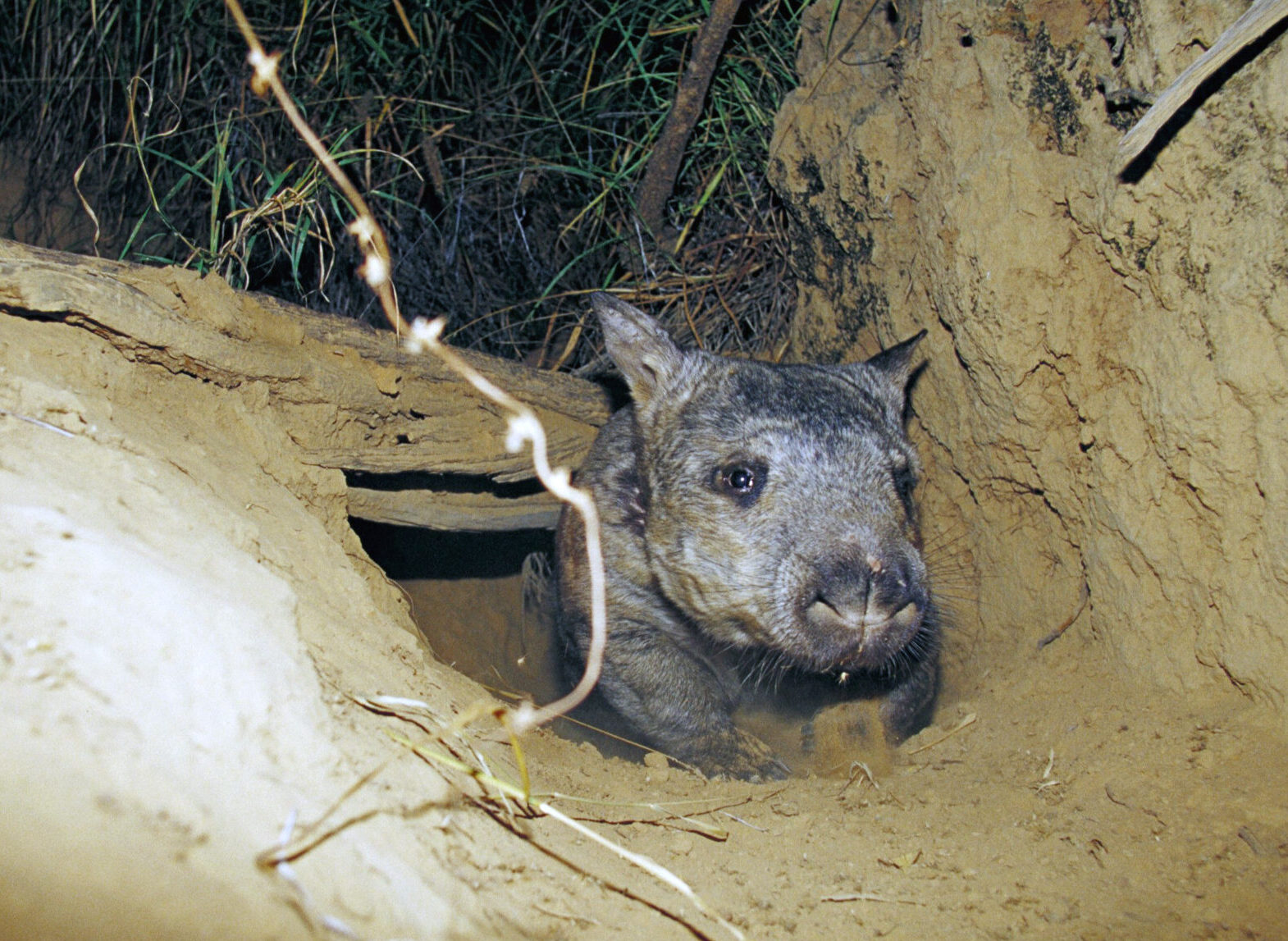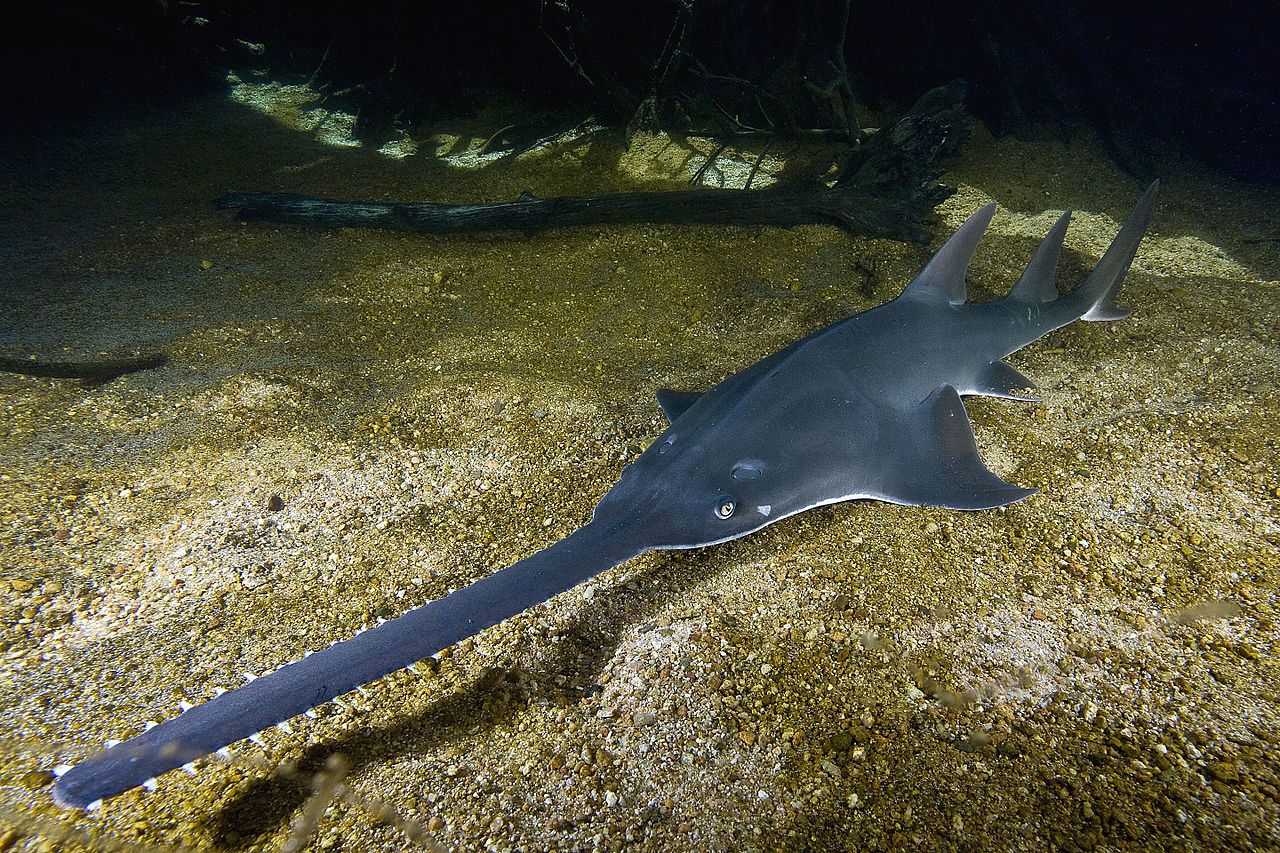| Common name | Carnaby’s black-cockatoo |
| Scientific name | Calyptorhynchus latirostris |
| Type | Bird |
| Diet | Traditionally seeds of native plants (particularly hakea and banksia) as well as flowers, nectar and insect larvae; now also eat plantation pine seeds and orchard fruits |
| Average lifespan | 35 years, possibly longer |
| Size | 53–58cm long |
Calyptorhynchus latirostris is one of five black-cockatoos found only in Australia. Its common name is a tribute to Ivan Carnaby, the WA farmer and ornithologist who first described the species in 1948.
This large, long-lived Australian parrot occurs only in the south-west corner of Western Australia. Once, according to the reports of early settlers, it would form flocks so large they would “blacken the sky”.
Now the species is endangered and only seen in pairs or small flocks. Since the middle of last century its population is thought to have fallen by more than 50 per cent and there are now fewer than 20,000 surviving in the wild.
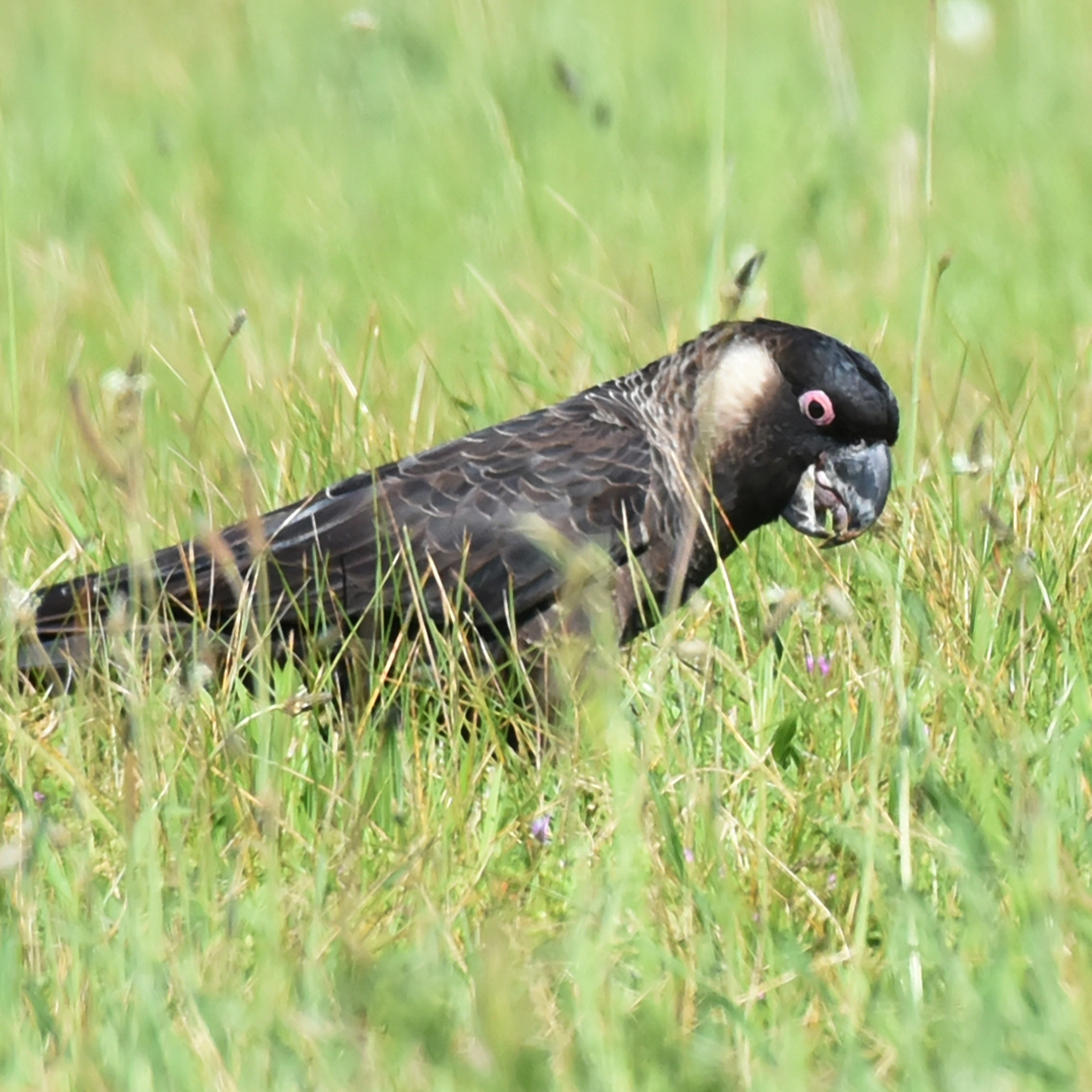
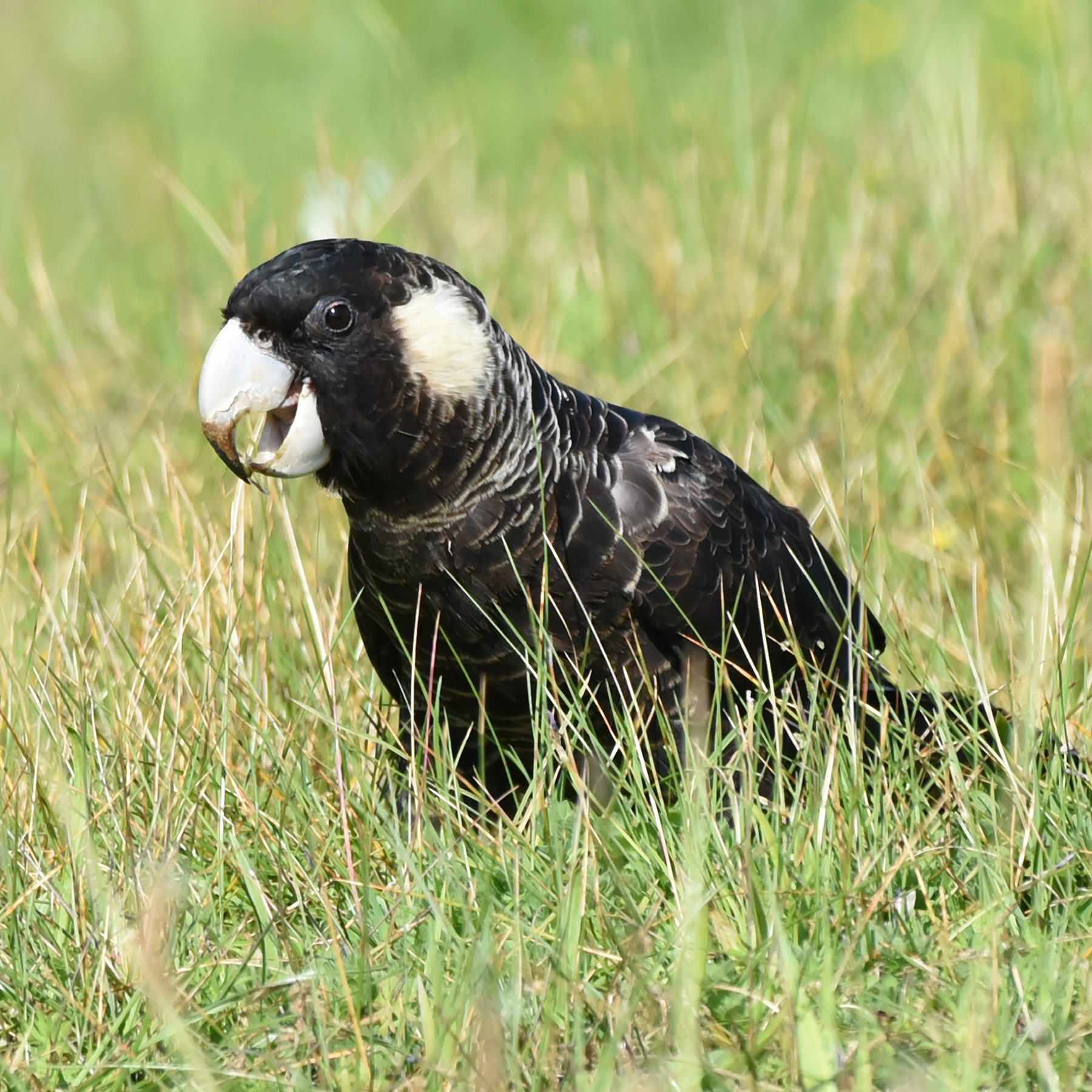
The main cause behind the decline has been the clearing of the species’ preferred habitats, mostly for agriculture across the WA wheatbelt. Carnaby’s black-cockatoo breeds in woodlands dominated by wandoo and salmon gum eucalypts where, to raise its chicks, it relies on nesting hollows that take at least 100 years to form in old trees. It feeds on nearby heathlands full of banksias and hakeas.
Breeding pairs of this cockatoo form strong, probably life-long bonds, and a male will fly more than 10km each day to find food to bring back to his mate while she remains sitting on the nest.
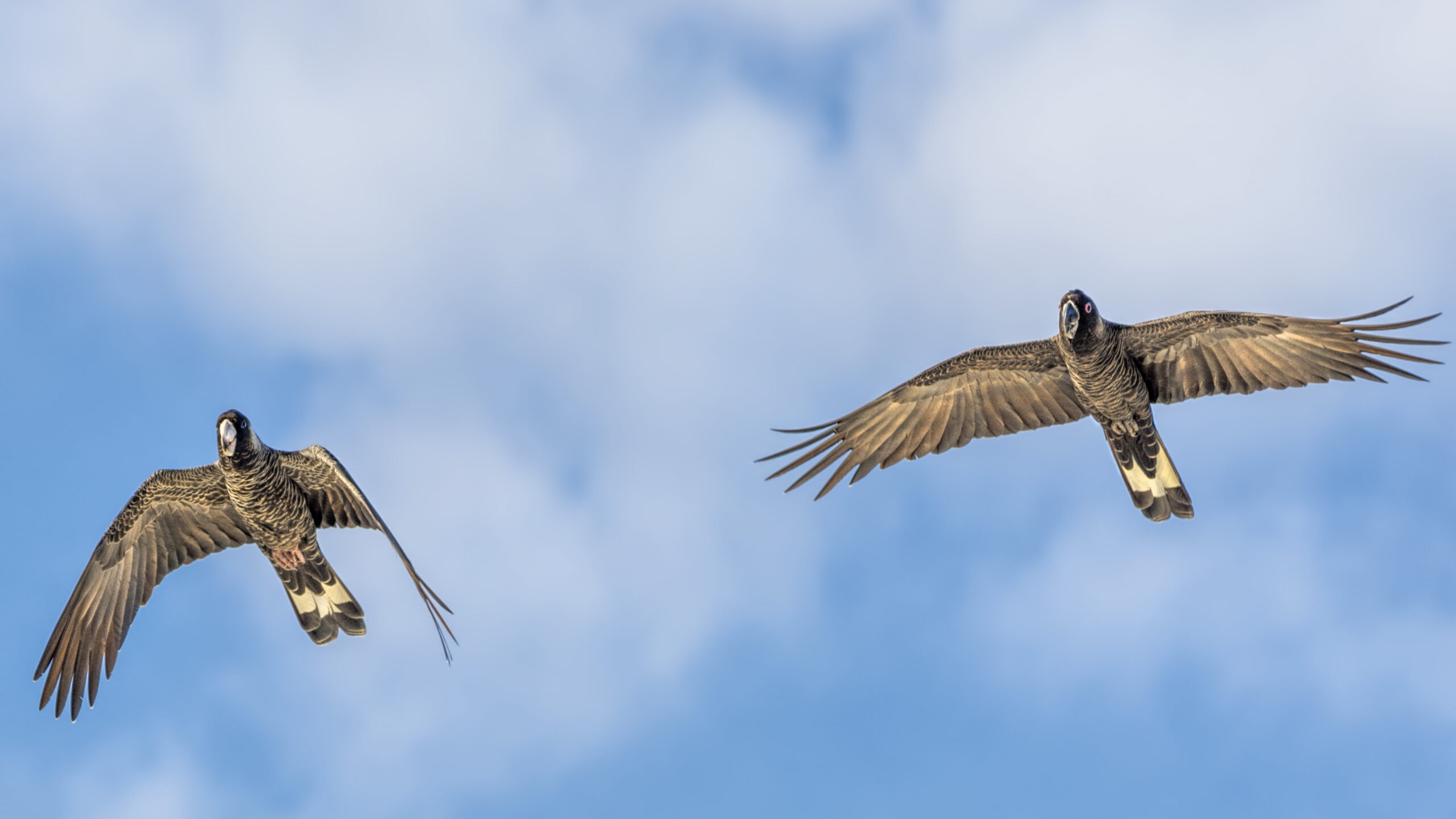
It’s now illegal to harm a Carnaby’s black-cockatoo. But, because this bird will raid orchards and crops, it is often shot as a pest in rural areas. Being highly prized among bird collectors the species also suffers from the illegal bird trade.
These endangered cockatoos are also affected by competition for nesting hollows from more aggressive native bird species, including galahs and corellas, which cope better with disturbed and fragmented habitats.


